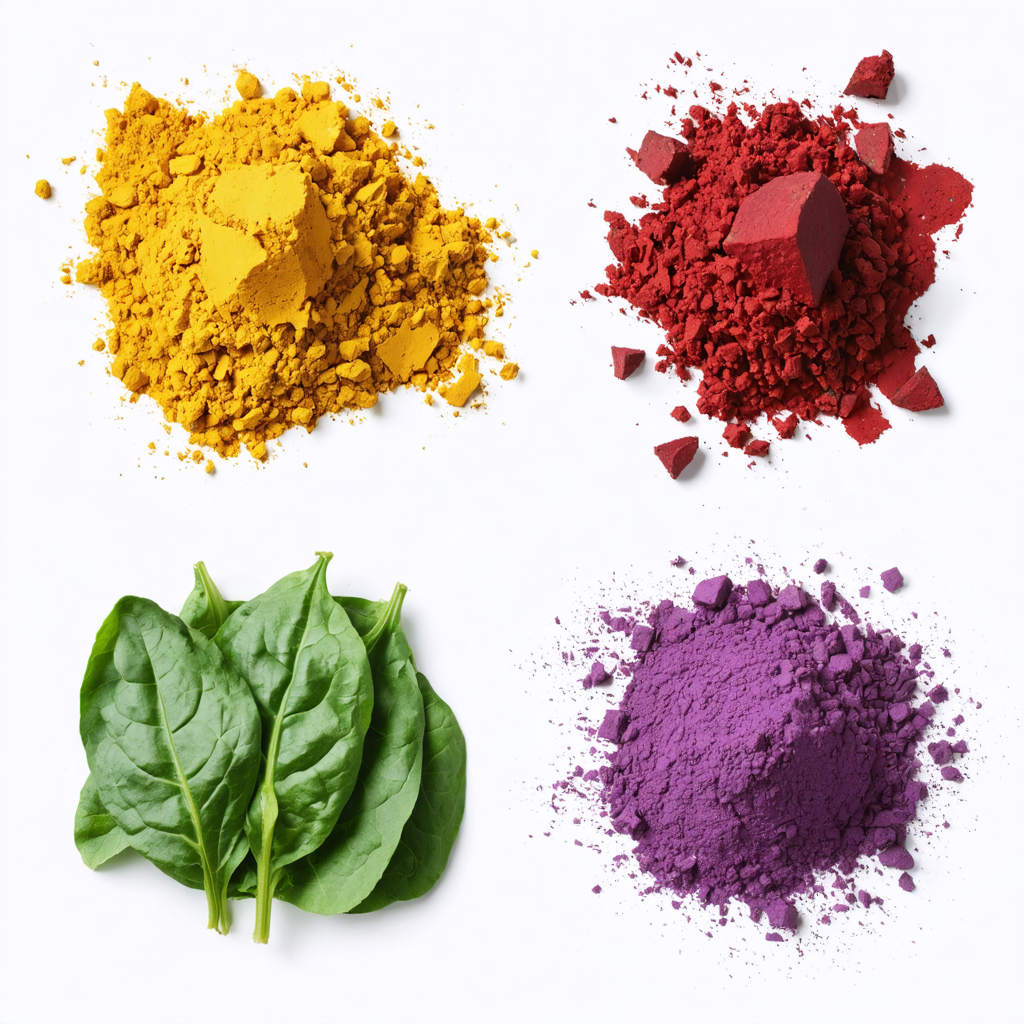Beets are always the solution to attaining a beet red or magenta hue especially when making those sweet little velvet cupcakes. And one of the main reasons why most bakers (and chefs alike) use beet red food color is because beets are natural, healthy, and beneficial to use.
If you are a member of the DIY bandwagon and would love to try making beet red food color at home, the process is very easy. Boil beets in a saucepan over medium heat until you notice color-changes in the boiling water.
Cover and let it simmer under low heat until only a couple of tablespoons of water remain. There you have it! Reserve this juice because it is your food color.
Sometimes using powdered beet red food color especially in baked products is really important because it attains just the right and desired shade, not too much and not too little. Each package has directions for use indicating the exact amount you should add depending on what you intend to prepare. You can easily buy beet red food color (in powder form) at your local grocery store.
Table of Contents
ToggleBut Why Does Beet Red Turn Urine Color
According to CBC, approximately 10 to 14 percent of people are affected by beet red. Beets contain a compound, betanin, that gives the vegetable a red hue. Well unfortunately, not everyone can fully digest betanin.
In this case, betanin is flushed out of the system, therefore turning urine, or poop red. However, you shouldn’t feel alarmed when you observe this change in color.
It is not entirely clear what happens to betanin in the body, because only limited research has been done about it. According to Medical News Today, the beet red color is normally broken down in the stomach and colon and this process causes an increase in oxalic acid levels.
When oxalic acid levels are too high red poop is usually observed in people who do not experience beeturia.
Another research from the University of Urbino indicates that betanin plays a great role in “slowing down” colon-cancer metastasis. They also mention that “when oxalic acid is too much in the system, it greatly increases the chances of kidney stones”.
The Globe and Mail also notes that you can use this beet red color phenomenon to know how long your digestive system takes to get rid of wastes from your body. But you also might notice a crimson blue or light pink color from wastes produced, not always red.
Beet Color is Mostly Harmless
Don’t be shocked when you notice changes in color after having a nice plate of salad with beet leaves. According to research done by Harvard Health Online, beeturia doesn’t indicate serious health problems. Eating berries too can change the color of urine.
Fruits such as rhubarb can also turn urine pink or red. Rhubarb can also turn turn urine or poop to a specific tint of dark brown. But obviously this color change varies from one person to another.
Interestingly, eating foods rich in vitamin C can also, although rarely, turn urine orange. Some research also indicate that too much Vitamin B turns urine orange-green.




